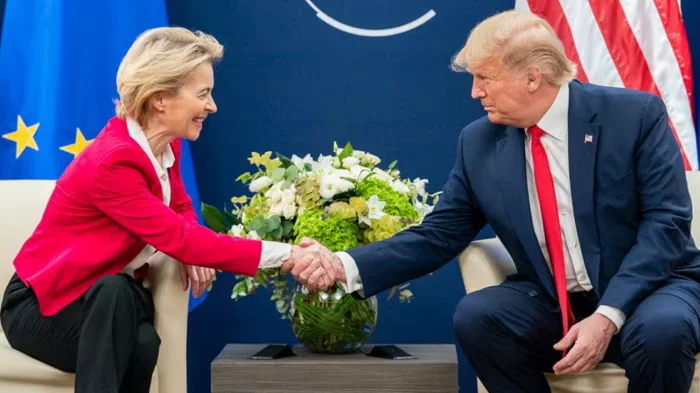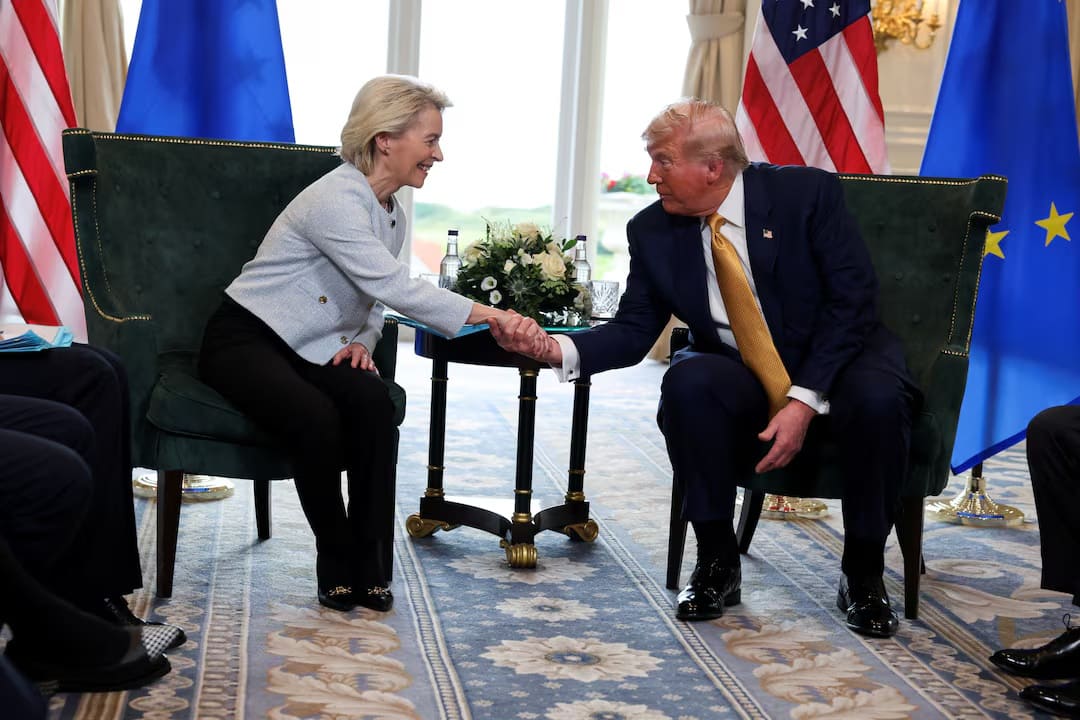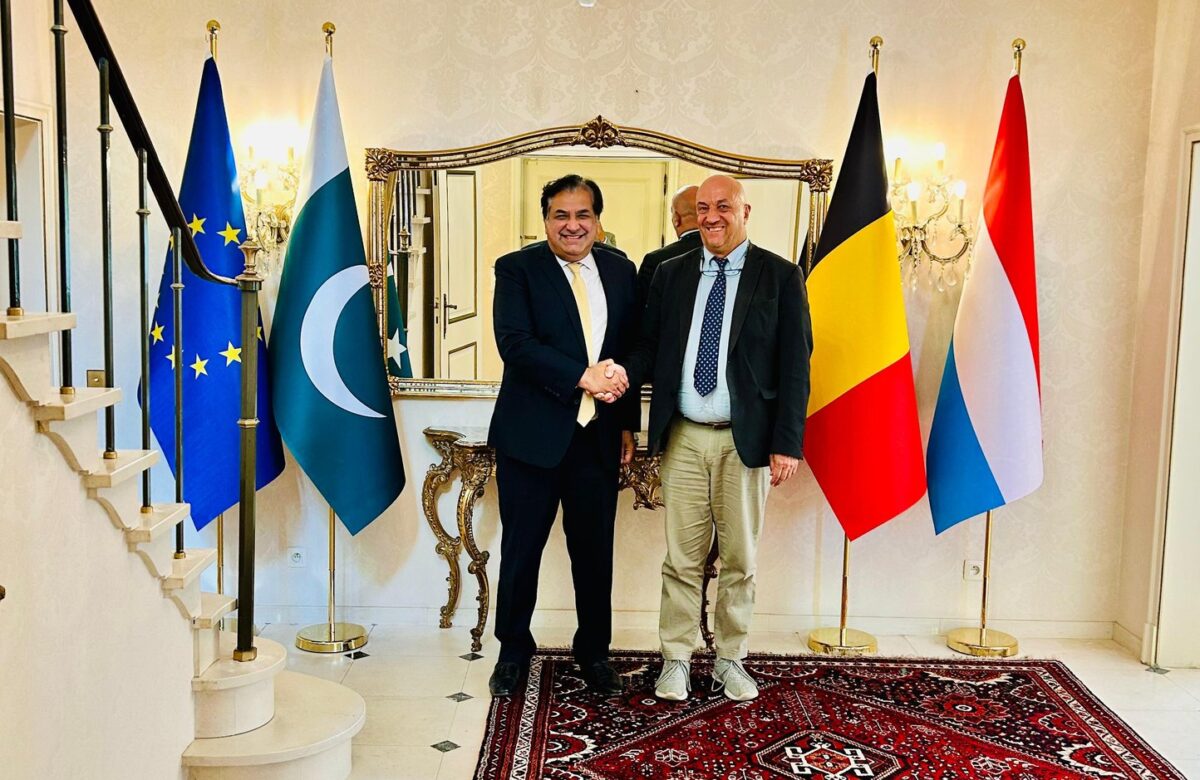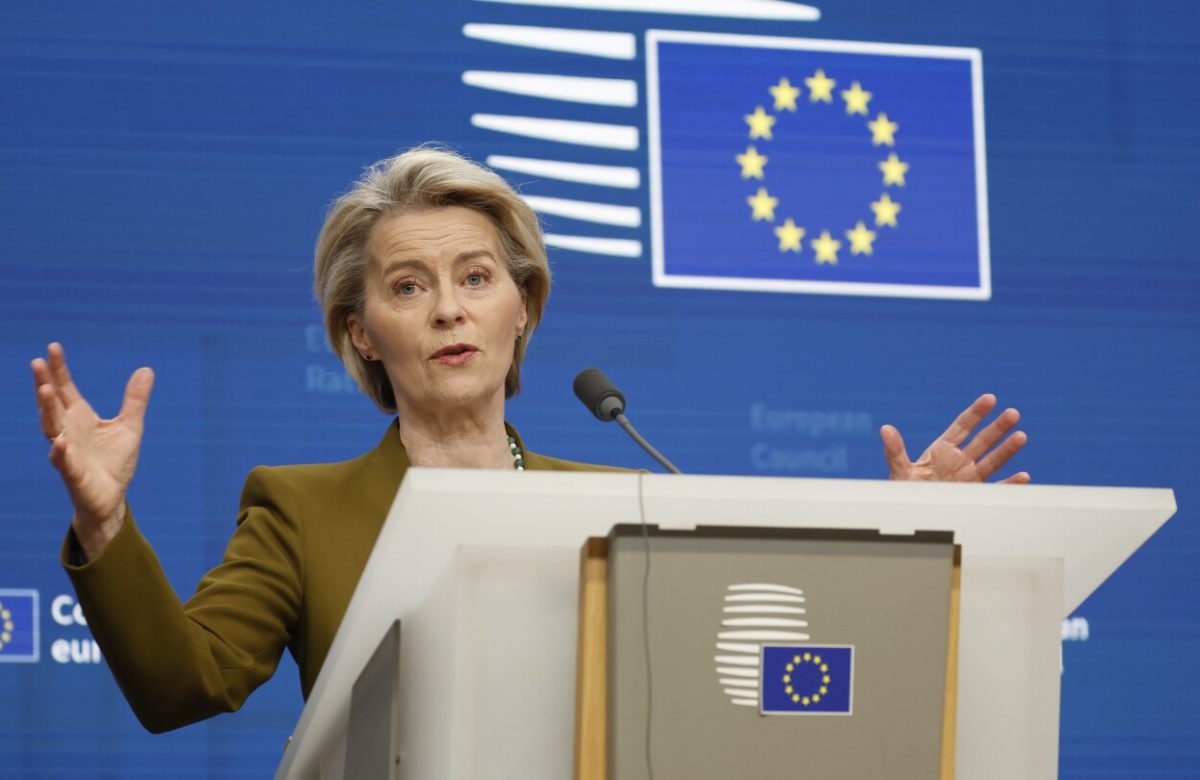
EU President Secures Temporary Delay on Trump’s 50% Tariffs After High-Level Call
- Business
- May 26, 2025
- No Comment
EU President Gains Tariff Reprieve from Trump After High-Level Phone Discussion
Report by Safarti Tarjuman Business Desk
US President Donald Trump has agreed to postpone his proposed 50% tariffs on European Union imports following a direct phone call with European Commission President Ursula von der Leyen. The decision temporarily halts a major trade escalation, allowing both sides to continue negotiations until July 9.
Von der Leyen confirmed the development through a social media statement, noting that the conversation with Trump was constructive and aimed at avoiding economic fallout. She affirmed that the European Union is prepared to engage in swift and determined discussions to reach a fair agreement.
The tariff threat, initially set to take effect on June 1, had raised serious concerns across global markets. Trump’s statement last week blamed the EU for what he called “unfair trade practices,” declaring that the bloc had acted in unison to “take advantage” of the United States. He also claimed that previous negotiations had yielded little progress.
German Finance Minister Lars Klingbeil voiced alarm over the economic risks posed by the proposed tariffs. In an interview with Bild, he urged the US to pursue serious dialogue instead of heightening tensions, emphasizing that the tariff move would hurt American and European industries alike. Klingbeil also confirmed speaking with US Treasury Secretary Scott Bessent about the matter.
EU Trade Commissioner Maroš Šefčovič reinforced the bloc’s position, stating that future agreements must be built on mutual respect, not threats. Brussels remains focused on protecting European interests while promoting balanced trade relations with Washington.
The delay offers a critical diplomatic window to avoid a full-scale trade confrontation. European leaders remain united in their approach and are urging Washington to pursue a cooperative path forward that strengthens, rather than fractures, global economic stability.







